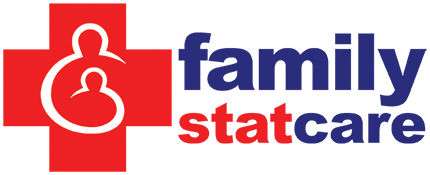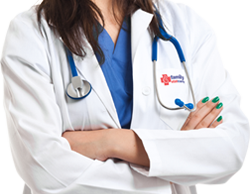Eczema
What is eczema?
The word Eczema is used to name a group of skin diseases that make the skin irritated and inflamed. Atopic dermatitis or Atopic eczema is the most common kind of eczema. Atopic is used to denote a group of conditions that are inherited and tend to develop into allergic conditions like asthma, hay fever and such.
Causes
• While the cause of eczema has yet to be determined, it is believed that it occurs due to the immune system’s overactive reaction to an irritant.
• Eczema is often passed on genetically.
• Allergen that cause eczema- pets, pollen, dandruff, dust mites
• Certain irritants like soaps, shampoos, juices, meats can cause eczema.
• Bacteria like Staphylococcs aureus, fungi and virus
• Hot and cold temperature
• Stress
• Due to the fluctuating hormone levels in women, they may have worsening of the symptoms during pregnancy and menstrual periods.
Symptoms
• Dry and itchy patches of thickened skin normally found on hands, face, neck and legs. The creases on the knees and elbows are more involved in children.
• On scratching, the dry patches have open sores and develop crusts and may get infected.
Treatment
• Taking care of your skin is important in controlling eczema. Modifying the skin care regime helps people with mild forms of eczema.
• Use of mild moisturizer and soap
• Try short and warm showers
• reduction of stress
• Medications like hydrocortisones, antihistamines, corticosteroids and immunosuppressants
• Ultraviolet therapy
Prevention
• Try and avoid stress. Use relaxation techniques to keep your stress at a minimum
• Regular exercise helps reduce stress and improves blood circulation
• If your baby id at risk of eczema, breastfeed him at least for the first three months.
• The baby must be kept away from potential triggers.
What you can expect when you visit our clinics
1. Stop by our front desk to visit a certified Nurse Practitioner or Physician Assistant. No appointment is required.
2. Your medical practitioner will examine your medical background, go over your medical issues, perform an examination and supply you with an individualized plan for treatment. This might consist of non-prescription items or a medical prescription.
3. Towards the end of your visit to our clinic, your medical attendant will give you an overview, an invoice and some instructional material may be given.
4. The overview of your clinic visit can be forwarded to your primary health care provider with your authorization.

